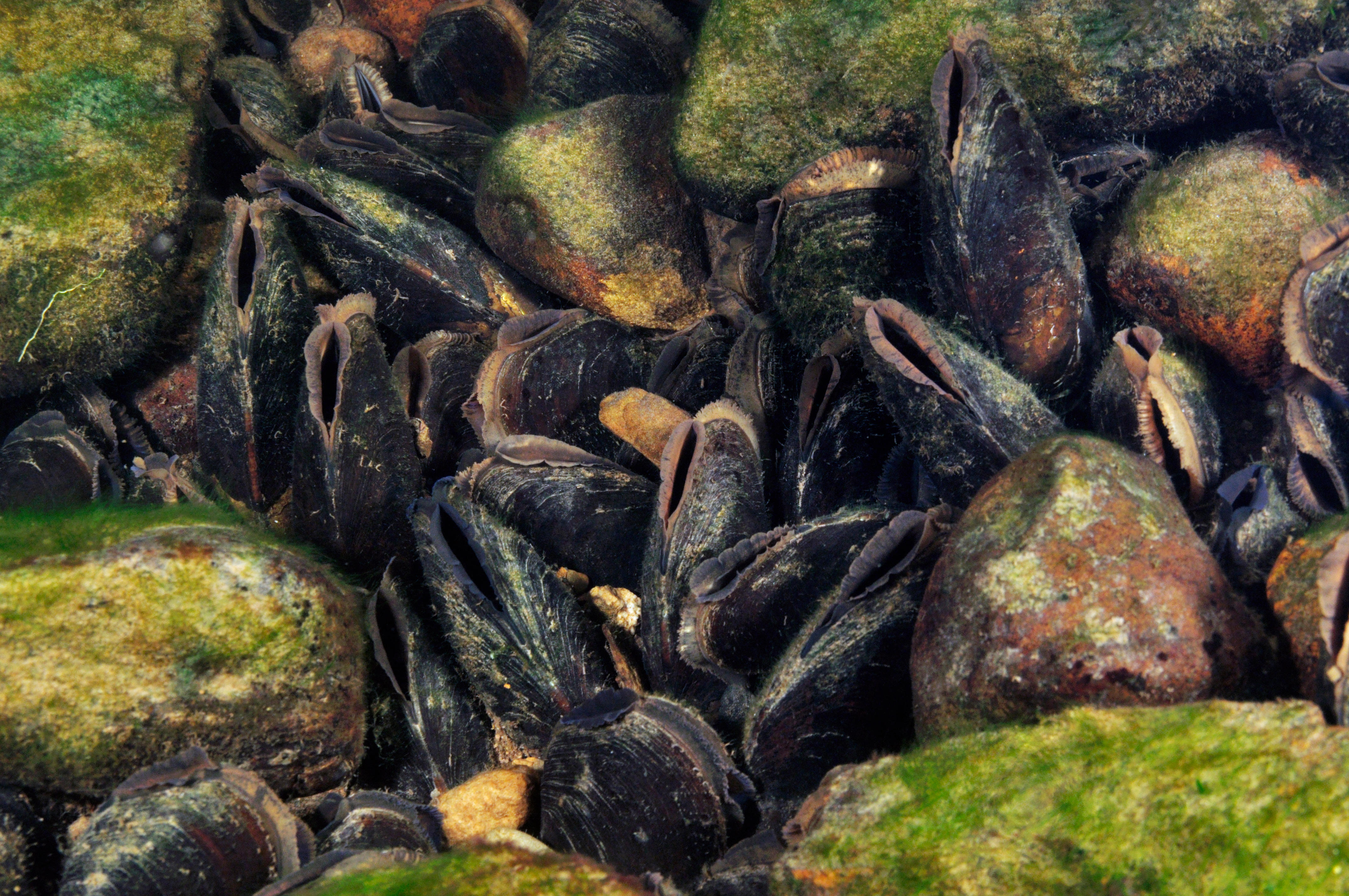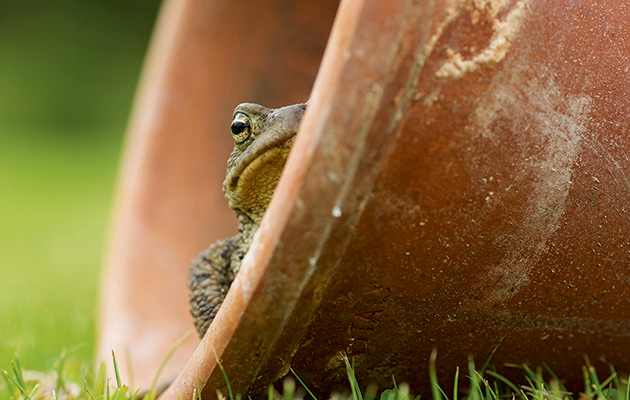A previously unknown freshwater pearl mussel population has been discovered in a secret location in Scotland
A brand new breeding population of freshwater pearl mussels has been discovered in an undisclosed location in the River Spey in Scotland, which is excellent news for the health of the river.


A new population of globally endangered freshwater pearl mussels has been discovered in a Scottish river, giving fresh hope to those working to conserve the rare mollusc.
The population, which is successfully breeding on its own, was found in one of the tributaries of the River Spey, in an area of native woodland which is being kept secret in order to avoid poaching.
Freshwater pearl mussels can live for up to 280 years, but the species is critically endangered as a large proportion of the populations across Europe have not been successfully breeding for several decades.

The find was made by Kieran Leigh-Moy, a graduate on the Scottish Natural Heritage (SNH) placement scheme who has been studying declining populations of freshwater pearl mussels, and looking for possible reintroduction sites.
While conducting his research he came across a previously unknown population which, significantly, contained juveniles. Mr Leigh-Moy said: ‘I’d already identified this river as potentially having good quality habitat, but I was stunned to find juvenile freshwater pearl mussels already there.
'It’s really rare to find a new population of these mussels, so it was a really exciting moment.'
SNH is hopeful that this approach can be used to help prioritise conservation efforts.
Sign up for the Country Life Newsletter
Exquisite houses, the beauty of Nature, and how to get the most from your life, straight to your inbox.
The pearl mussel is a strong indicator of good environmental conditions and their recovery in this part of the catchment is likely testament to sensitive land management in the area. SNH says it is working with Forestry and Land Scotland to promote land management which reduces pollution and establishing riverside woodlands, through their support of the Spey Catchment Initiative.
Giles Brockman, from Forestry and Land Scotland, said: ‘This is really exciting news. Forest management is not just about trees and this is a strong indication that actions to protect water courses are effective and can help to sustain and nurture wildlife and rare species.’
This type of land management will help allow rivers, and iconic species like pearl mussels, to cope with increased temperatures resulting from climate change. This is especially important for freshwater pearl mussels, which are a species that is particularly sensitive to any changes in climate.
SNH has also been promoting sensitive land management more widely through our work to protect freshwater pearl mussels in the Pearls in Peril LIFE project that sought to save and restore populations in 21 rivers across Scotland, England and Wales.
Through its £1.8 million Biodiversity Challenge Fund, SNH is supporting a number of projects to enhance key freshwater pearl mussel populations across Scotland.
Together with the Scottish Government SNH is also managing a project starting this month to identify the sources of fine sediments, which can be harmful to freshwater pearl mussels, in three key catchments, including the River Spey.
Environmental consultancy APEM and the University of Plymouth have been appointed to conduct state-of-the-art ‘sediment fingerprinting’ which is the first step in reducing the impact of fine sediments on freshwater pearl mussels, which is identified as among the primary drivers of the decline of this species across Europe.

Meet the wildlife volunteers
A small army of brave volunteers spend their spare time devoted to helping some of our rarest species

Buy wildlife-friendly bird food
A line of bird food sourced from wildlife-friendly farms has launched

The best UK wildlife spotting holidays
As a pair of lost otters are found in a Thurso garden, we find some of the best wildlife spotting

Country mouse celebrates the Scottish landscape
Country mouse visits the Highlands of Scotland.

Secret Scottish garden saved
A beautiful garden on Scotland’s west coast has been saved by donations from generous supporters and the National Trust for

Extinct species reintroduced to Scotland
The beaver is to be reintroduced to Scotland in a pilot project, following a successful similar experiment with sea eagles.
-
 Jungle temples, pet snakes and the most expensive car in the world: Country Life Quiz of the Day, April 14, 2025
Jungle temples, pet snakes and the most expensive car in the world: Country Life Quiz of the Day, April 14, 2025Mondays's quiz tests your knowledge on English kings, astronomy and fashion.
By James Fisher
-
 Welcome to the modern party barn, where disco balls are 'non-negotiable'
Welcome to the modern party barn, where disco balls are 'non-negotiable'A party barn is the ultimate good-time utopia, devoid of the toil of a home gym or the practicalities of a home office. Modern efforts are a world away from the draughty, hay-bales-and-a-hi-fi set-up of yesteryear.
By Annabel Dixon